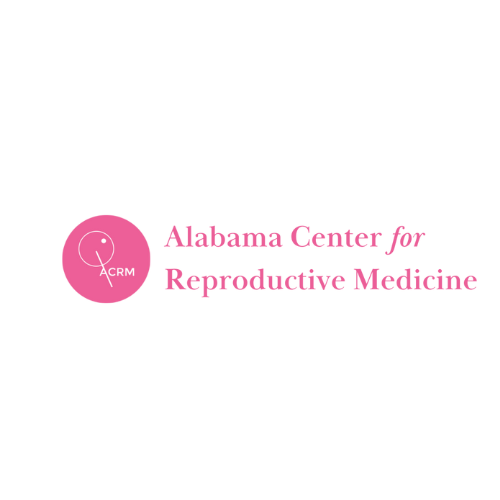Schedule a Consultation!
Fill out this short form below and someone from our staff will call you to schedule your consultation. Thank you!
As you undergo fertility treatments like in vitro fertilization (IVF), you’ll want to maximize your chances of a successful pregnancy. Success rates measure the chances of a healthy pregnancy after IVF. We say “success rates” because there are a number of ways to measure success, such as the implantation rate, pregnancy rate, and the live birth rate. One of the most important measures is percentage of embryo transfers that result in live births, which tells you how many babies were born for each IVF cycle.
Success rates vary by practice and depend on a number of factors in the patient population such as health, age, BMI, and fertility issues.
Success Factors
You may be wondering, “What factors determine successful pregnancies when undergoing fertility treatment?” Here are some of the most important factors underlying the success rate of IVF treatments:
Age – If a woman is using her own eggs, the success rate declines significantly after a woman is past her mid-30s, partly due to the increased risk of miscarriages. Women from age 24-34 have the highest success rates. However, women of all ages have been able to have healthy pregnancies with IVF, so don’t rule out this fertility treatment if you are older than 35.
Number of embryos transferred: The success rate is influenced by the number of embryos transferred, though transferring multiple embryos at one time does not necessarily increase the success rate and also carries with it the possibility of multiple pregnancy (twins, triplets, etc.) and possible risks associated with that.
Type of fertility issue: Factors such as ovulation dysfunction, uterine abnormalities, fibroid tumors, and exposure to DES can lower a woman’s success rate, while fertility issues often responsive to IVF include ovulation issues, fallopian tube blockages, and endometriosis. Success rates can decrease when the couple has been infertile for a longer period of time.
Use of donor eggs: If you are using a donor egg to get pregnant, the quality of the donor egg and the age of the donor factor into the success rate.
Lifestyle: Smoking and drinking alcohol reduces the chance of success. Being overweight or underweight is also known to decrease the success rate.
Fertility clinic: The training, experience, and qualifications of the medical team, embryologists, and laboratory staff can all affect the success rate of IVF cycles.
Understanding the success rate of IVF and the success factors can help you get an idea of the journey ahead and equip you with useful information as you plan your treatment. If you’re ready to learn more about fertility treatments available at the Alabama Center for Reproductive Medicine-Alabama, schedule an in-person, phone, or telemedicine appointment by calling 205-307-0484.
Fill out this short form below and someone from our staff will call you to schedule your consultation. Thank you!

